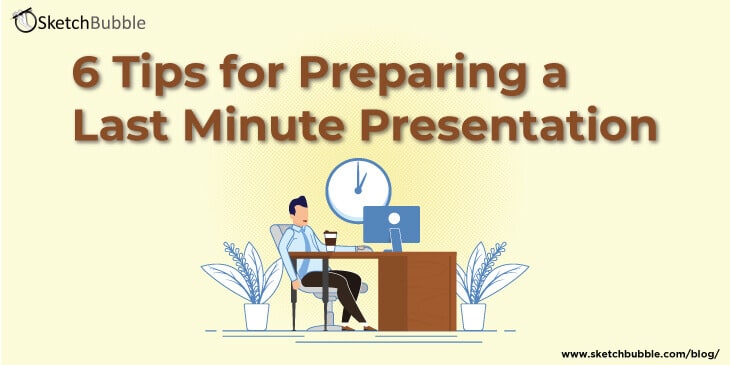
A while back I was sitting in my living room when phone rang. “I need help,” a voice at the other end said.
“What kind of help?” I asked.
“Our speaker just canceled. And the meeting’s tomorrow morning. Can you please take his place?”
“Tomorrow morning!”
“At ten. If you can’t help me out…a couple of hundred people are going to be disappointed.”
“And it’s now…what? About seven o’clock.”
“Uh… it’s actually about eight.”
The woman was a friend, and the meeting involved a senior citizens group.
“I suppose I can do it.”
“God bless you,” she said. “You’re a lifesaver.” She paused. “So what will you talk about?”
“I haven’t the foggiest.”
This sort of thing is not unusual. So what do you do about it? What do you talk about? Following are some tips that can help:
Tip 1
Examine your interests. If you’re particularly interested in a subject, you probably know more about it that the average person. So what is it? A hobby? Something you feel very passionate about? Something you think would be fun and entertaining for the audience? Of course, this is all predicated on the fact that you have a choice in the subject matter. If your boss tells you to give a presentation in three hours on such and such topic, you don’t have this choice. But the boss probably chose you because he or she is confident you’re the person to talk about whatever it is.
Tip 2
Don’t panic. Yes, you may be in a new set of circumstances which may seem frightening. Many years ago I saw a revue on Broadway that was thrown together at the last minute when the company that was to appear at a theater in Australia canceled. Well, this last minute revue proved so successful it traveled the world to rave reviews. So if these people didn’t panic when they had a very short time to prepare a production, you shouldn’t either. They did the best with what they had…and were a big success. Consider that you certainly wouldn’t have been asked to give the presentation if those who asked didn’t have faith in you. They certainly are rooting for you.
Tip 3
Something you might consider is recycling a presentation you’re already given and so are familiar with? Well, “recycling” isn’t really what you should do in that this sort of thing often doesn’t work. Why not? You gave the presentation at a specific time to a specific audience, and the current situation may be entirely different. You need to consider how you might adapt something you’ve already done to a new situation. Consider how it’s different? What is the new audience like? How is similar or dissimilar to the previous audience? What approach to the subject do you think would be most effective? Consider such things as how the situation is different? How is the audience dissimilar? For instance, if you talked to a group of high school seniors the last time, how would you now adapt your material to a group of senior citizens? Along the same lines, make sure your facts and stories are up to date. If possible, check out the venue for the presentation so you won’t have any unpleasant surprises, like poor acoustics, for example.
Tip 4
Some time near the beginning of the planning, you need to choose an objective for the presentation. What do you really want to tell the audience? Why do you want them to know this? Why is it important to them? Once you choose this objective or central idea, make sure everything you plan to include supports it. Maybe you know a lot of facts about something, but it doesn’t do much good to stand in front of an audience and state them one after another. This sort of presentation has little or no point to it. Certainly, you can have several different main points to the talk, but each of them should relate back to the objective, the reason you’re talking about this particular subject. And be sure to think of stories — personal or otherwise that relate to the topic. Audience members identify with specific tales and examples.
Tip 5
Maybe the idea of giving a last minute presentation still seems overwhelming. If you think, “Oh, my goodness, I have to give a fifteen-minute talk and I have only three hours to prepare,” you’re shooting yourself in the foot. So borrow adapt the Alcoholics Anonymous’ philosophy of taking things “one day at a time”. Only change it to “one step at a time”. Rather than thinking of the presentation as a whole, think of it in increments. You have so much time to prepare for the first step. Then go on to the second. And the third. It’s a matter of approach and attitude.
Tip 6
Don’t attempt to write out the speech — not usually a good practice anyway, unless you’re a government official and don’t want to risk being misquoted. Make notes, or even an outline. And I suggest you use index cards for this. Why? They’re much easier to organize. Suppose you decide Point 3, really should come later. If you’ve written the notes on typing paper, for instance, you have to start all over again. With index cards you just have to shuffle, as you would with a deck of playing cards.




thank you so much i had to do a speech and i only had 5 minutes Ty alot